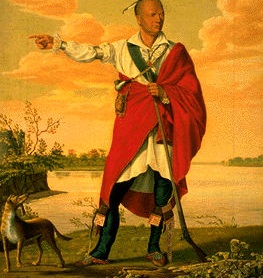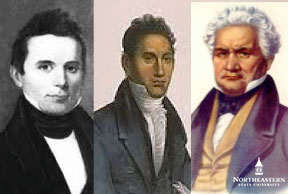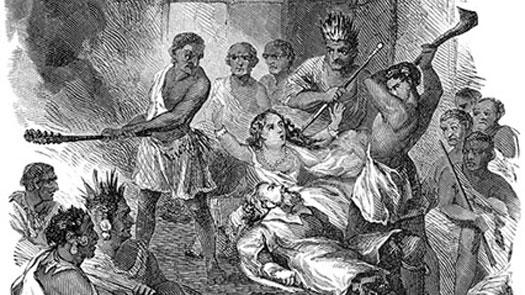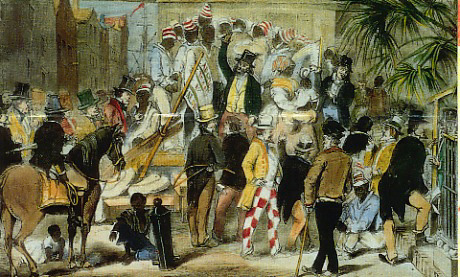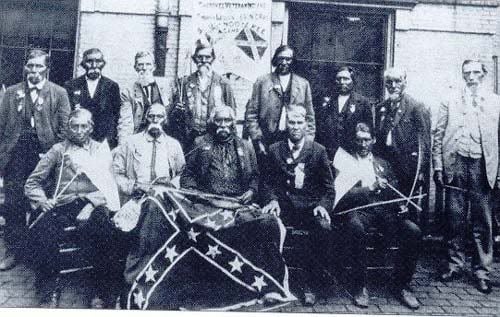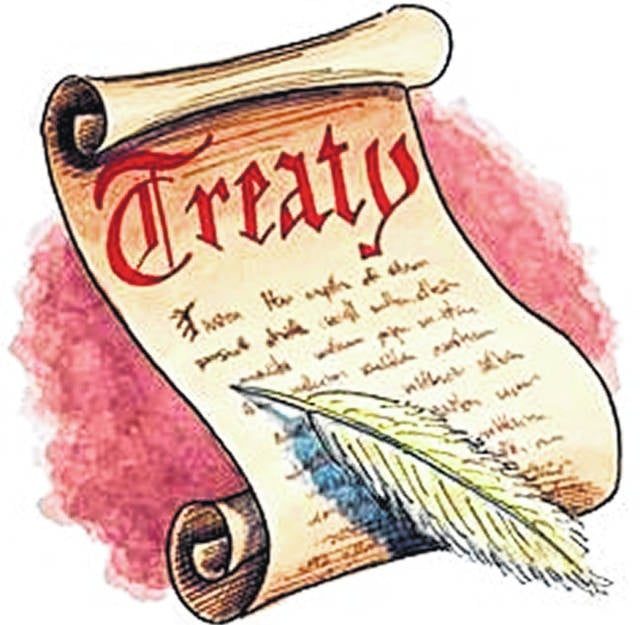Joseph Brant in Canada
During the Revolutionary War, many Indians allied themselves with their old trading partners, the British. For the six tribes of the Iroquois Confederacy, the divided loyalties led to the ritual covering of their council fire so that each nation was free to choose sides. At the 1777 Battle of Oriskany, for example, the pro-British Iroquois … Continued
